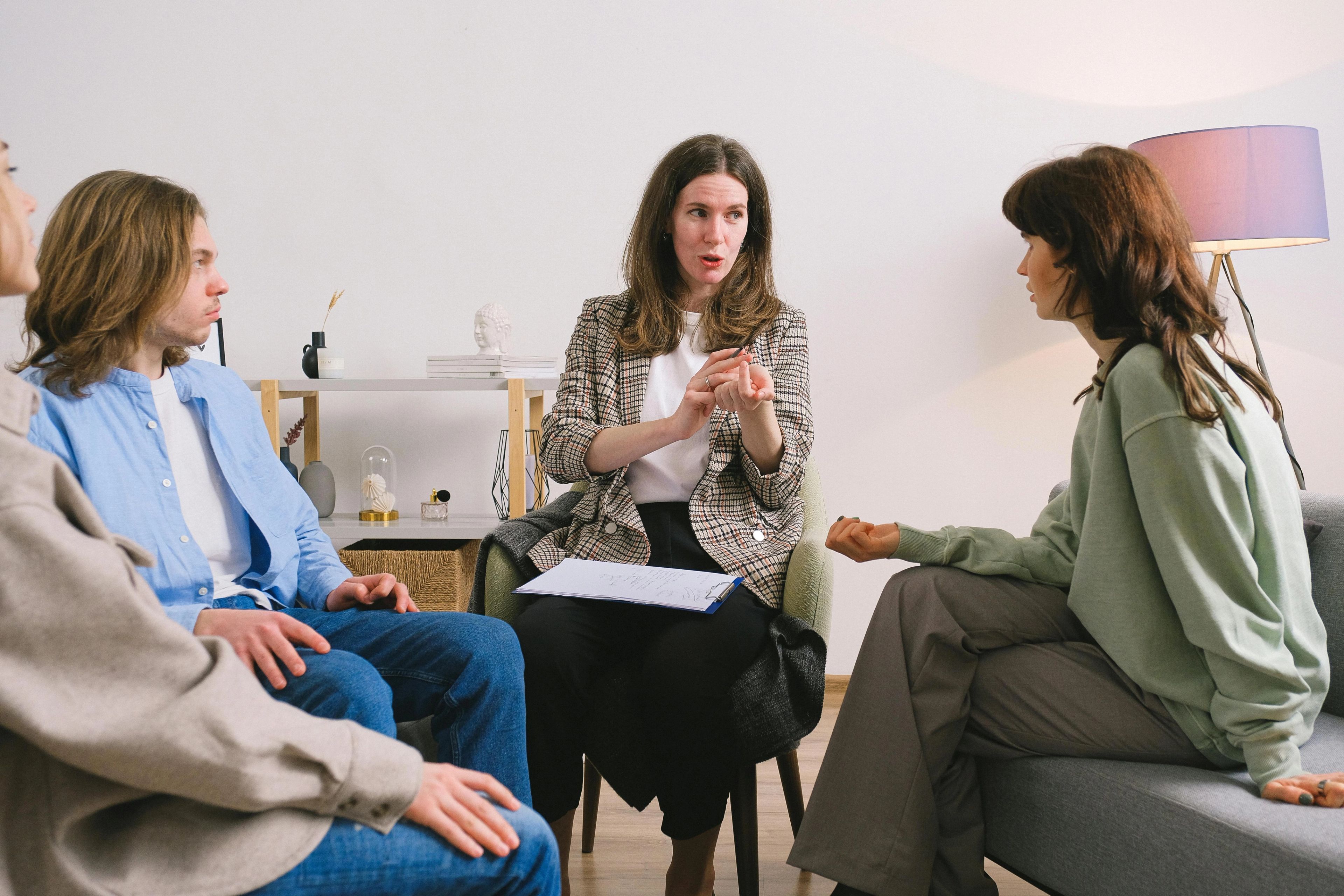How to Talk About Your Childhood Without Minimizing It
You can use these scripts to help you when you’re sharing about your trauma in safe spaces where you’re supported and able to be understood.
Many trauma survivors downplay and minimize what they experienced. This may be a coping mechanism or a way to make their story more palatable for others. It’s also common when someone has been dismissed routinely throughout their life. You can use these scripts to help you when you’re sharing about your trauma in safe spaces where you’re supported and able to be understood. You can also say them to yourself.

"I catch myself wanting to say, 'It wasn’t that bad,’ but the truth is, it felt bad to me.”
"Some things from my childhood still affect me today, even if I didn’t think they were a big deal back then. I’m working through it.”
“I keep wanting to say it wasn’t that bad, but if it still shows up in my body, my relationships, or my anxiety, then it mattered.”
“I don’t have to prove it was ‘bad enough’ to anyone.”
“It’s hard to talk about this because my instinct is to downplay it.”
“I tend to gloss over my childhood or joke about it, but the truth is, parts of it were hard in ways that are still hard for me.”
“What happened to me did affect me. It’s okay to say that.”